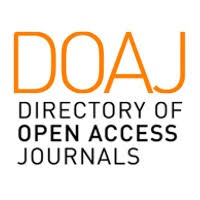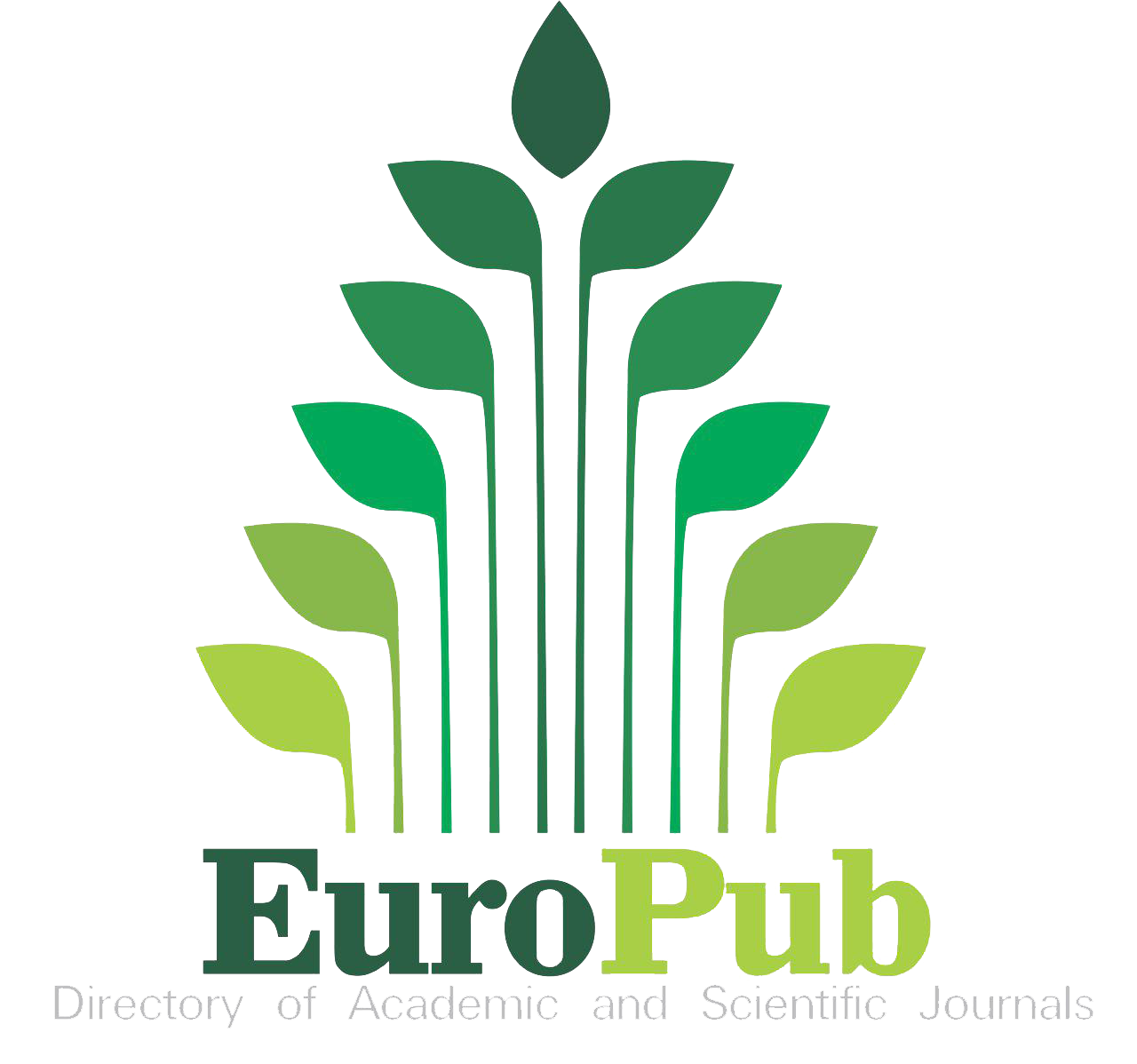THE IMPACT OF ONLINE EDUCATION ON ENGLISH AS A FOREIGN LANGUAGE (EFL) TEACHERS’ PROFESSIONAL DEVELOPMENT IN GEORGIA
DOI:
https://doi.org/10.52340/jo.2023.01.06.07Keywords:
Online Education, Professional Development, EFL TeachersAbstract
The article aims to assess the impact of online education on English as a foreign language (EFL) teachers’ professional development in Georgia. 50 teachers from educational institutions including schools and universities located in three Georgian cities – Tbilisi, Kutaisi, and Batumi participated in the quantitative research. A 5-point Likert scale questionnaire was used to answer the following research questions: 1. To what extent do EFL teachers in Georgia agree that online education has positively impacted their professional development? 2. In what ways has online education influenced EFL teachers’ professional development in Georgia?
3. What are the perceptions of EFL teachers in Georgia regarding the effectiveness of online professional development opportunities compared to traditional one? 4. To what extent are EFL teachers in Georgia satisfied with the level of support and resources provided for online professional development? The results showed that the teachers positively evaluated the impact of online education on their professional development and the importance of online professional education, however, they are not satisfied with the level of support and resources provided to EFL teachers in Georgia for online professional development. The article might be interesting for researchers working on the topic.
Downloads
References
Al-Bargi A., ELT Online Teachers’ Professional Development During the COVID-19 Pandemic Outbreak: Perceptions, Implications, and Adaptations, Theory and Practice in Language Studies, Vol. 11, No. 10, 2021.
Atmojo A.E.P., EFL Teachers’ Online Teacher Professional Development Experiences a midst the COVID-19 Pandemic: Practices and Perceptions, Journal of Language, Education, and Humanities, Vol. 9, No. 1, 2021.
Hakim B., Technology Integrated Online Classrooms and Challenges Faced by the EFL Teachers in Saudi Arabia during the COVID-19 Pandemic, International Journal of Applied Linguistics and English Literature, Vol. 9, No. 5, 2020.
Holmes A., Signer B., MacLeod A., Professional Development at a Distance: A Mixed-Method Study Exploring Inservice Teachers’ Views on Presence Online, Journal of Digital Learning in Teacher Education, Vol. 27, No. 2, 2010
Sundarwati E., Pahlevi M.R., EFL Teachers’ Challenges and Opportunities of Emergency Remote Teaching during the COVID-19 Pandemic: Narrative Inquiry, Language and Education Journal Undiksha, Vol. 4, No. 2, 2021.
Powell C.G., Bodur Y., Teachers’ Perceptions of an Online Professional Development Experience: Implications for a Design and Implementation Framework, Teaching and Teacher Education, Vol. 77, 2018.
Philipsen B., Tondeur J., Pareja Roblin N., Vanslambrouck S., Zhu C., Improving Teacher Professional Development for Online and Blended Learning: A Systematic Meta-Aggregative Review, Educational Technology Research and Development, Vol. 67, 2019
Shin J.K., Borup J., Barbour M.K., Quiroga Velasquez R.V., Webinars for English Language Teachers During the Pandemic: Global Perspectives on Transitioning to Remote Online Teaching, AERA Open, Vol. 8, No. 1, 2022.
Tabatadze S., Chachkhiani K., COVID-19 and Emergency Remote Teaching in the Country of Georgia: Catalyst for Educational Change and Reforms in Georgia?, Educational Studies, Vol. 57, No. 1, 2021
Downloads
Published
How to Cite
Issue
Section
License
Copyright (c) 2023 Shorena Gogiashvili, Teona Khachidze

This work is licensed under a Creative Commons Attribution-ShareAlike 4.0 International License.












